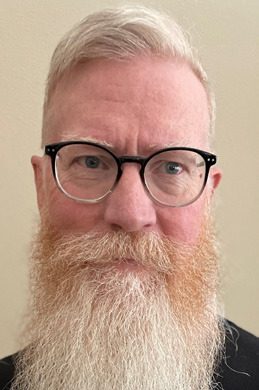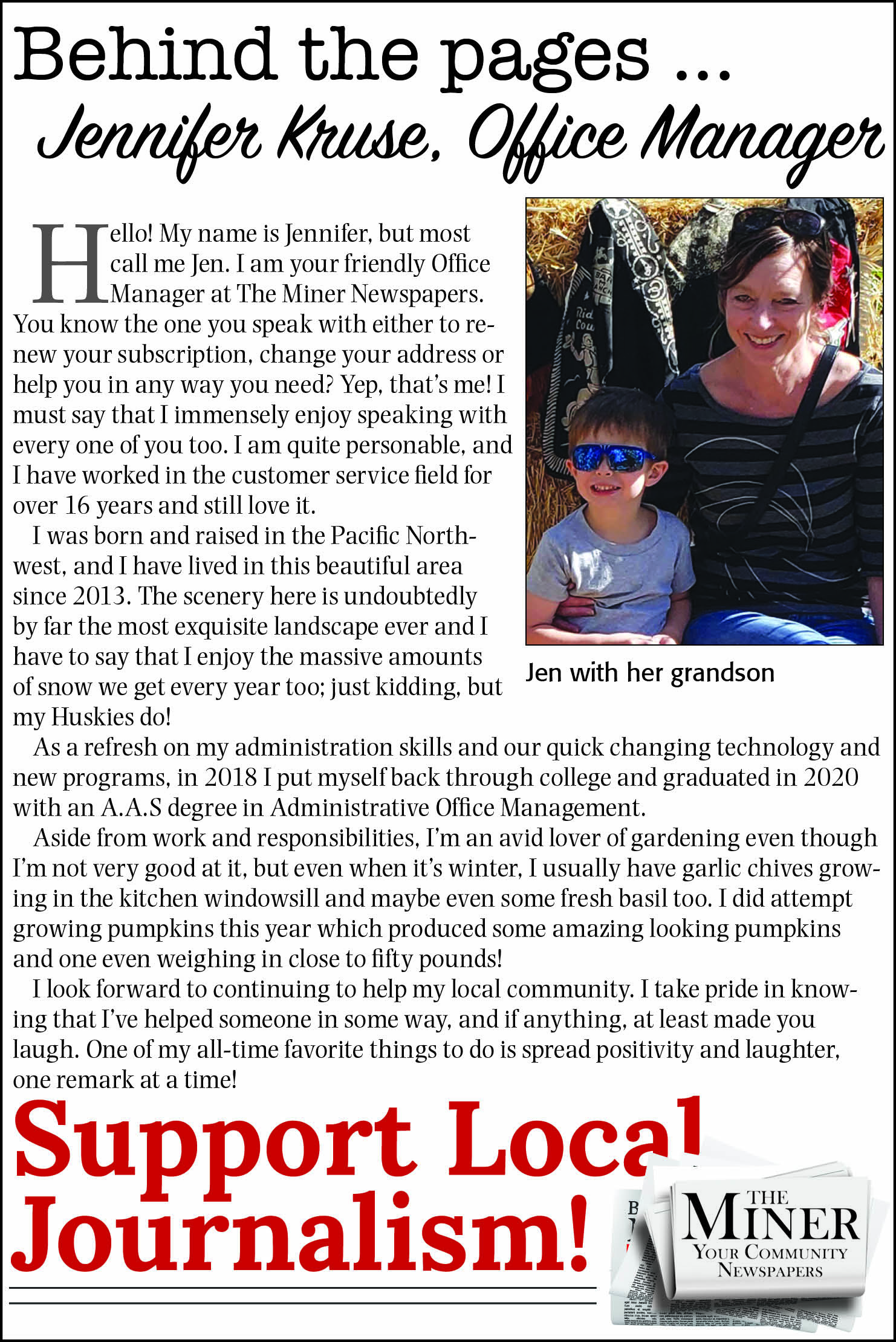Medical & H ealth Brain Health and Fitness: A Lifelong Journey
Last year, in order to maintain my personal trainer certification, I had to complete another course in a ‘new’ area (for me). I chose ‘Senior Fitness Leader.’ As part of the course, I also became a certified ‘Brain Health Trainer.’ Although I could write a weekly column just on this topic, here’s a synopsis of some factors affecting brain health.
When we think about fitness, the focus is often on physical strength, cardiovascular health, and maintaining a healthy weight. However, brain health is just as crucial, if not more so, in leading a full and vibrant life. While the conversation around brain health frequently centers on older adults, it’s important to recognize that maintaining a healthy brain starts much earlier in life. From childhood through the golden years, brain health and fitness should be a priority for everyone. Here’s how you can nurture your brain at every stage of life.
The Early Years: Building a Strong Foundation
Brain health begins from the moment we’re born. During childhood and adolescence, the brain undergoes rapid development, laying the groundwork for cognitive abilities, emotional regulation, and problem-solving skills.
Encouraging brain health during these formative years involves a combination of physical activity, nutrition, and mental stimulation.
Physical activity is vital for brain development in children. Exercise increases blood flow to the brain, promoting the growth of new neurons and improving cognitive function.
Encouraging children to engage in regular physical activities, such as playing sports, dancing, or even active play, helps in developing coordination, concentration, and mental resilience.
Nutrition plays a crucial role in supporting brain development. A diet rich in omega-3 fatty acids, antioxidants, vitamins, and minerals helps in the formation of healthy brain cells. Foods like fish, nuts, seeds, fruits, and vegetables should be a regular part of a child’s diet. Additionally, limiting processed foods and sugar intake can help maintain stable energy levels and support better cognitive function.
Mental stimulation is equally important.
Activities that challenge the brain, such as reading, puzzles, games, and creative pursuits, can enhance neural connections and build cognitive reserves that will benefit children throughout their lives.
Adulthood: Maintaining Cognitive Sharpness
As we transition into adulthood, brain health becomes about maintaining and sharpening cognitive abilities. The habits we form during these years have a profound impact on our mental well-being later in life.
One of the most effective ways to keep the brain sharp is through continuous learning. Engaging in lifelong learning, whether through formal education, professional development, or hobbies, helps to build cognitive reserves and keep the brain active.
Learning new skills, languages, or musical instruments are excellent ways to challenge the brain and promote neuroplasticity, the brain’s ability to reorganize itself by forming new neural connections.
Physical fitness continues to play a significant role in brain health during adulthood. Regular aerobic exercise, such as running, swimming, or cycling, has been shown to increase the size of the hippocampus, the area of the brain associated with memory and learning.
Strength training and yoga are also beneficial, as they help reduce stress and improve mental clarity.
In addition to physical activity, nutrition remains critical. A diet that supports brain health should include plenty of fruits, vegetables, whole grains, lean proteins, and healthy fats. The Mediterranean diet, which emphasizes these food groups, has been linked to a lower risk of cognitive decline and dementia.
Stress management is another key component of brain health in adulthood. Chronic stress can have detrimental effects on the brain, leading to memory problems, anxiety, and depression.
Practices such as mindfulness, meditation, and regular relaxation can help mitigate the impact of stress and support overall brain health.
Later Life: Protecting and Enhancing Cognitive Function
As we age, the focus on brain health becomes more about protecting cognitive function and reducing the risk of neurodegenerative diseases such as Alzheimer’s and Parkinson’s. However, it’s never too late to adopt healthy habits that can make a significant difference.
Continued physical activity remains crucial.
Regular exercise helps maintain healthy blood flow to the brain, reduces inflammation, and may slow down the progression of cognitive decline.
Social engagement is also important and maintaining strong social connections has been shown to protect against memory loss and cognitive decline. Cognitive training, such as memory exercises, problem-solving tasks, and brain games, can help keep the mind sharp.
Engaging in activities that require mental effort, like playing chess, learning a new language, or engaging in artistic endeavors, can help preserve cognitive function.
Nutrition in later life should focus on foods that support brain health, such as those rich in antioxidants, omega-3 fatty acids, and vitamins.
Hydration is also essential, as dehydration can negatively impact cognitive abilities.
Finally, prioritizing sleep is vital for brain health at any age. Quality sleep allows the brain to repair itself, consolidate memories, and remove toxins that accumulate during waking hours.
Creating a relaxing bedtime routine and ensuring a sleep-friendly environment can help improve sleep quality.
Conclusion
Brain health is a lifelong journey that starts in childhood and continues through to our later years. By focusing on physical activity, nutrition, mental stimulation, and stress management, we can support our brains at every stage of life. The habits we cultivate early on can pave the way for a sharp, resilient mind in adulthood and protect against cognitive decline as we age. Prioritizing brain health today will pay off in a lifetime of mental clarity, emotional well-being, and cognitive strength.
MICHAEL MARTIN JR. IS A WORLD RECORD HOLDING POWERLIFTER AND AUTHOR OF “REAL QUESTIONS UNREAL RESULTS: Rants, Insights, and Lessons Learned from an Overeducated Underachiever, Chronic Procrastinator, Retired Military Veteran, Cowboy, and World Champion Powerlifter.” He also has a YouTube channel called Beyond the Arena.

FOREVER FIT MICHAEL MARTIN JR
.png)













